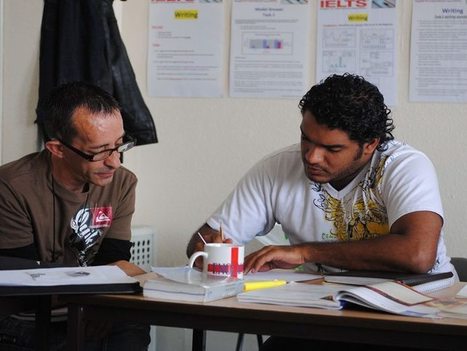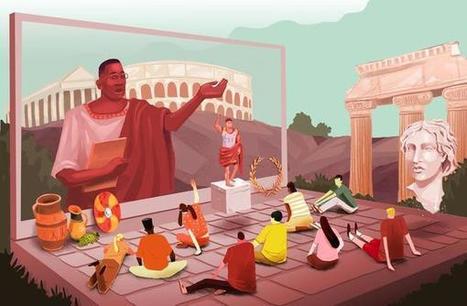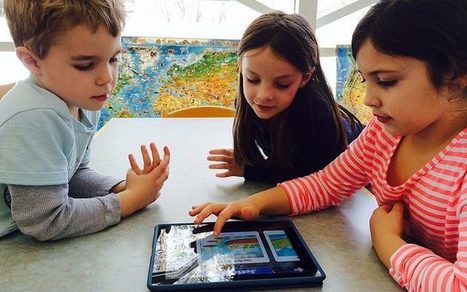"If you’re an educator, you’ve probably noticed that the profession has undergone significant change in the last few years. With the growth of the flipped classroom model and the plethora of resources available via apps and websites, teachers are no longer considered the experts."
Via EDTECH@UTRGV



 Your new post is loading...
Your new post is loading...

























